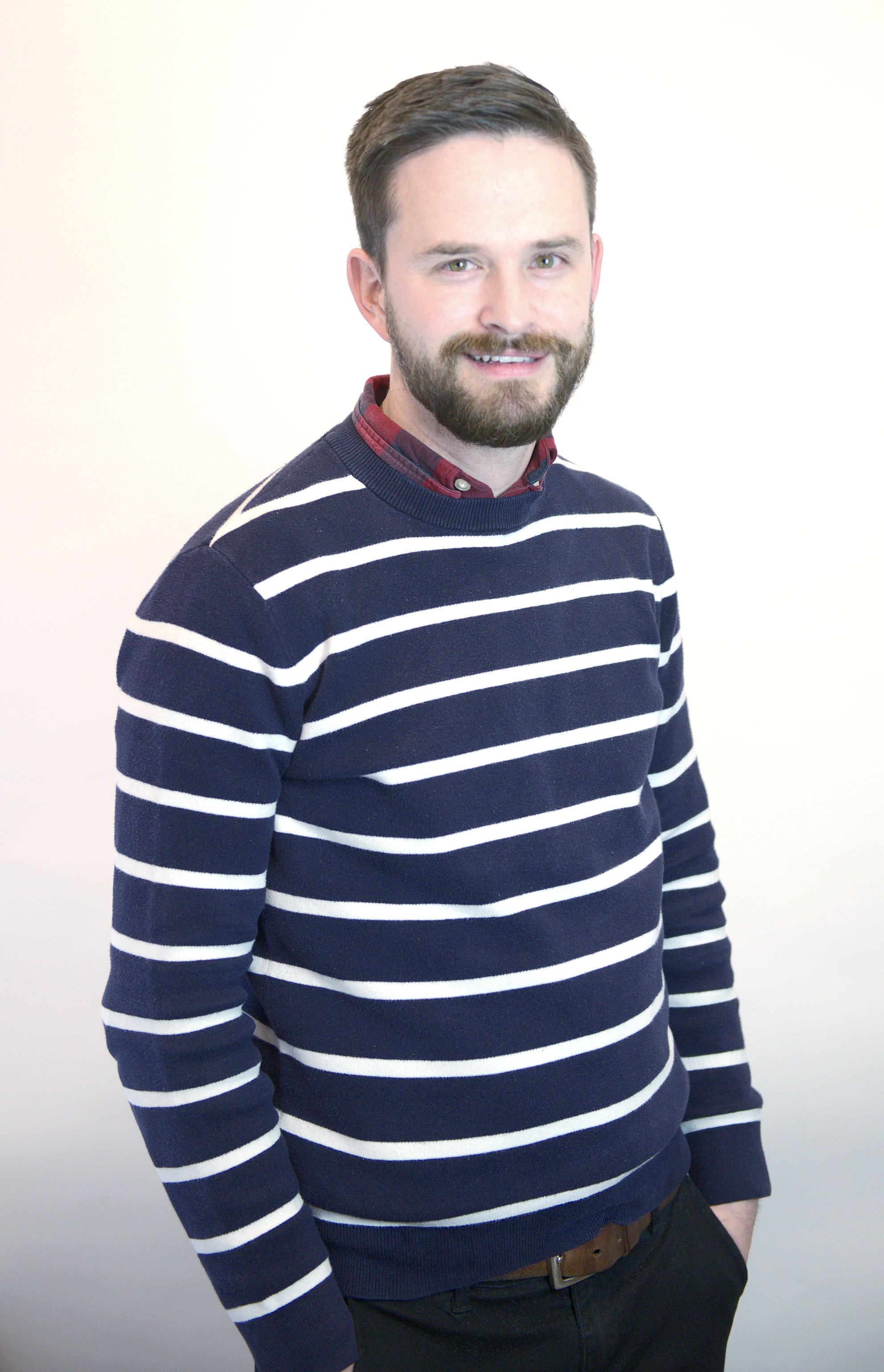Brett E
BYU, Economics (‘11)
“But if I had the same sort of conditions that I did when I graduated, when I started, I would have been well advised to leave.”
What was your experience coming out?
Two years at BYU, I started to accept that I was gay. Kind of my plan in my mind was that I would give the whole church thing a chance, basically, and so, I mean, I talked to my bishop about it. I went to BYU counseling center, like a therapist, and just kind of talked through things there. I found out about North Star, and I went to one of the firesides, I guess, a few of them actually, made friends there and met up with some of those people. It was actually great.
How have things changed for you since graduating?
It’s been about four years. We [my husband and I] have a house in West Valley, and he has a son from a previous marriage that I at least get to be, you know, 20% parent to, and that’s rewarding. And I have a job and career that I like. And yeah, no, I can’t complain about my life.
What does your spirituality look like today?
I guess I have always been a little bit more of a skeptical person. So even when I was in the church—I remember one time on my mission, we played the game, “If you weren’t Mormon, what would you be,” and I don’t if that came up in many of your circles, but some of us were like, “Okay, well, he would be some sort of, you know, Evangelical or a Catholic ‘cause they like the traditional way.” Where I was like, “Oh, I definitely would not be religious.”
What advice would you give a current queer student at BYU?
If you’re in it, and you’re still kind of exploring, trying to get your mind around things, by all means—I mean, I did that: I stayed somewhere where I felt safe. But if I had the same sort of conditions that I did when I graduated, when I started, I would have been well advised to leave.
Answers to the questions are transcribed from Brett’s video interview and lightly edited for clarity. The transcription does not cover the entire video.
Posted February 2022

